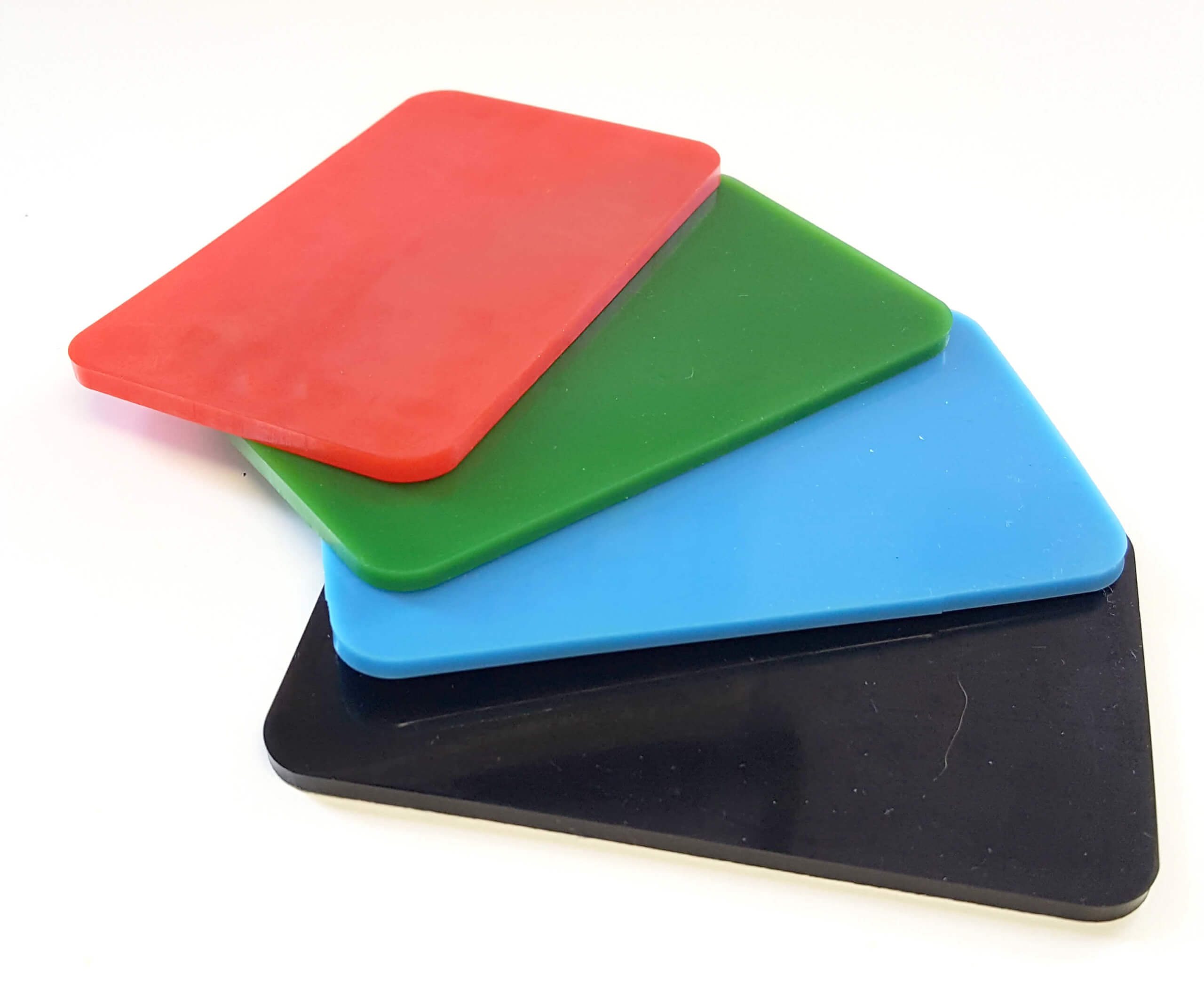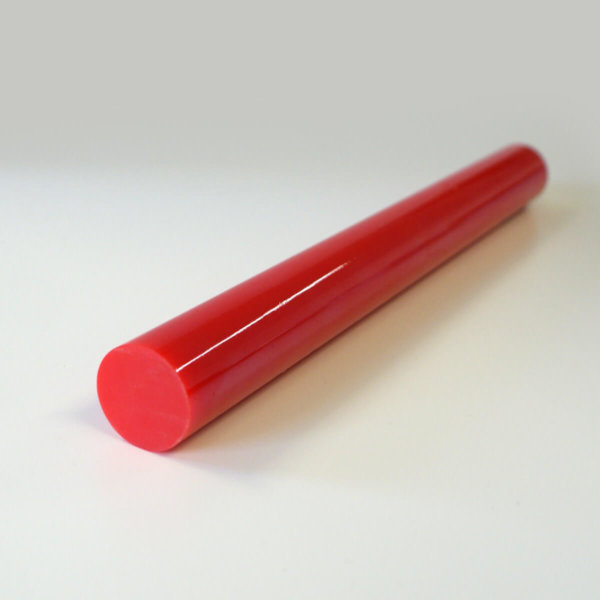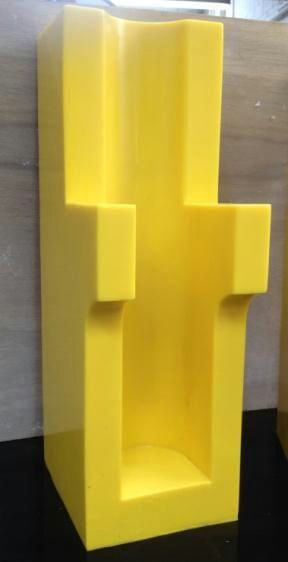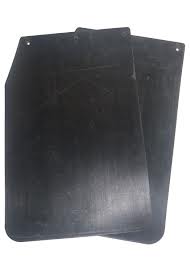Commonly used in construction, including as an excellent way to create thermal insulation, the low weight-to-strength ratio of polyurethane or PU sheets is a major advantage. Let’s explore more things you need to know about them.
Polyurethane sheets are beginning to find their way into a diverse range of locations and situations, often invisibly doing their job in reducing noise, creating an insulation layer, supporting heavyweight or creating a pollutant-resident barrier.
As they are increasingly the ‘unsung heroes’ of construction projects and engineering processes, we are throwing the spotlight on five things you need to know about polyurethane sheets. It will also show you the benefits they offer when compared to alternative materials for sheeting.
Highly variable in rebound energy, compression resistance and hardness
This is one area where polyurethane excels, compared to metal, rubber and plastic sheets. Its unique chemical composition, and the myriad of different additives and catalysts, make it possible to produce a polyurethane blend to match any structural spec.
You can have strong sheets with high load-bearing capabilities. Or, thin, flexible, foam sheets.
The common trend of polyurethane sheeting though is that its low weight-to-strength ratio is unparalleled. It’s the ultimate elastomer, capable of coating, adhesion, cushioning or coping with intense comprehension.
Produced in a diverse range of sizes and colours
Polyurethane sheets – whatever their tensile and hardness properties – can be manufactured in any thickness, and in a wide range of other dimensions.
Thickness generally starts from 1mm. Standard sheet sizes are 1000х1000 mm, 1200×1200 mm and 1500×1500 mm. Polyurethane blocks are available much thicker, of course.
Basically, what the specifier requests, is exactly what they get when requesting made-to-order sheeting or blocks made from polyurethane.
The majority of the time PU sheets are specified according to their superb practical applications. However, there are times when aesthetics matter. The pigments added to a PU blend can literally be custom matched to any colour or shade.
Do you need polyurethane sheets cut to size with a hole, indentation, groove or some other physical feature? This material lends itself to adaptations and finishing options brilliantly. Such as bulk orders of ready-to-use, colour-coded chopping boards for food manufacturers and caters!
The ideal resilient, bondable barrier
There are various ways to manufacture polyurethane sheeting – open casting, compression moulding and centrifugal casting. It can also be bonded to other substrates, such as custom polyurethane sheets reinforced by fibreglass, glass, steel or graphite. This adds to its thermal and loading-bearing advantages.
The finished result is the ultimate barrier. It creates superb thermal insulation and noise cancellation. It remains undamaged by vibrational or abrasive forces. Polyurethane sheets also resist moisture, oily substances, moulds, mildew and extreme temperatures.
How many alternative sheeting materials can make so many claims?
More durable than alternatives
As demonstrated by the above ‘things you need to know about polyurethane‘, it outlasts and outperforms rival substances in an ever-growing list of roles.
For example, it is as strong as metal, but lighter, and it doesn’t create a friction hazard. It is also non-conducive, unlike metal.
Polyurethane has a better elastic memory than plastic or metal, but it also doesn’t flake, crack, tear or perish like rubber. It can also withstand more weight than rubber and copes much better with temperature and moisture variations.
In a nutshell, it is far harder to damage polyurethane sheets – by environment, comprehension or any other force – when compared to rival materials.
The surprising cost savings of polyurethane sheets
Whatever size you choose – and mechanical properties from low-density foam to high-density rigid sheets – the unit price of polyurethane sheeting is surprisingly low. As it’s so durable, it will also outlast rivals, reducing the long-term price of replacing sheeting and repairing buildings for example.
The low cost for precision moulding and tooling polyurethane sheets does depend on finding a reliable and experienced supplier, which is us, of course!
Another advantage of taking your spec to Custom Moulded Polyurethane is that we pride ourselves on creating consistent thickness and resilience in the sheeting we manufacture.
To see for yourself how cost-effective polyurethane sheets are, contact us for a personalised quote, including details of our considerable discounts for bulk orders.
Want to find out how much it will cost to make your products?




